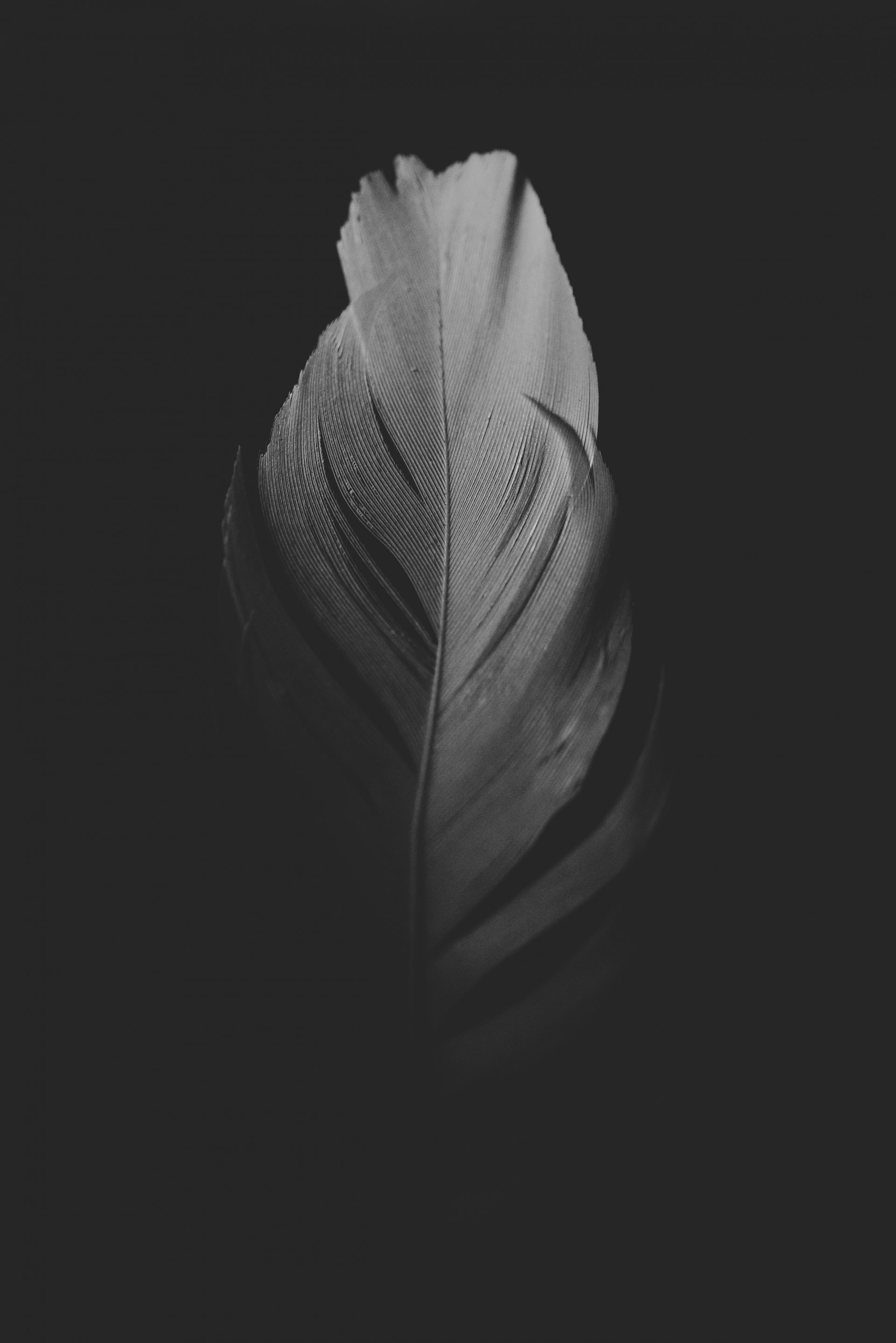“Our greatest blessings come to us by way of madness” says Socrates in Plato’s Phaedrus. But as Dodds reminds us in the book The Greeks and the Irrational: “the father of Western rationalism is not represented as maintaining the general proposition that it is better to be mad than sane, sick, or sound. He qualifies his paradox with the words “provided the madness is given by divine gift”. For Plato there are four kinds of divine madness:
1. Prophetic madness (whose patron god is Apollo)
2. Telestic or Ritual madness (whose patron god is Dionysus)
3. Poetic madness (inspired by the Muses)
4. Erotic madness (inspired by Aphrodite and Eros)
The letters I am making available are my attempts to record what came through in moments of erotic madness and philosophical reflections upon that madness, times of being its recipient without sharing it, its different phases of death and rebirth, and the challenge to be touched by it or love in its absence. They are examples of what Roland Barthes called the lover’s discourse. They are expressions of gratitude, devotion, and desire to follow the ascent of Eros from the visceral to the transcendental, or vice versa, that some unique people in my life have inspired me to do, with a little bit of poetic license and editing for literary & privacy considerations.
Dodds, in the work already mentioned, maintains that “Eros supplies the dynamic impulse which drives the soul forward in its quest of a satisfaction transcending earthly experience.” The higher we ascend in our pursuit of Eros, the more we realize that Eros was never merely leading us to our loved one, but to the One itself through our beloveds. But what is the One, you may ask? It is a key notion introduced by the Neoplatonic philosopher Plotinus; as the philosopher Edward Moore explains:
The “concept” of the One is not, properly speaking, a concept at all, since it is never explicitly defined by Plotinus, yet it is nevertheless the foundation and grandest expression of his philosophy. Plotinus does make it clear that no words can do justice to the power of the One; even the name, “the One,” is inadequate, for naming already implies discursive knowledge, and since discursive knowledge divides or separates its objects in order to make them intelligible, the One cannot be known through the process of discursive reasoning (Ennead VI.9.4). Knowledge of the One is achieved through the experience of its “power” (dunamis) and its nature, which is to provide a “foundation” (arkhe) and location (topos) for all existents (VI.9.6). The “power” of the One is not a power in the sense of physical or even mental action; the power of the One, as Plotinus speaks of it, is to be understood as the only adequate description of the “manifestation” of a supreme principle that, by its very nature, transcends all predication and discursive understanding.
Edward Moore, “Plotinus” at Internet Encyclopedia of Philosophy.
It is to that place that I believe all love letters are ultimately addressed. When possessed by erotic madness, you become a receptacle of grace, and what you are recording on your love letter, is ultimately a love letter to the universe, as manifested in the form of your beloved. If you respect that grace, and the vessels we are for it, our love letters become a celebration of the cosmic attraction we enjoy and often deliciously tormented by.
For the primary gift of grace through the people we feel attracted to is the awakening of our erotic desire, “the instant revelation that this is what matters…without an argument or evidence but with an absolute certainty beyond cogito ergo sum, Eros arrives hidden in mortal vessels, an ancient god protecting mere humans from its original form so as not to drive them to irreversible madness” as I write in one panegyric you will find in these letters.
Just because we are made aware of what is important through erotic grace manifested in the human form, that in itself, does not give us the right to possess it nor the ability to do so, as love is only gifted, never taken. What makes one a lover is being grateful for desire over and above whether you are going to taste its object. That is why lovers always love the people who spur them to love, more than the return of their affections. You love the tree even if the fruit is forbidden, and you never shame or blame trees whose fruits you are not allowed to taste. For their gift was in making you feel desire, and desire is life dancing inside you, tempting you to live. That should be enough reason for gratitude instead of blaming and shaming those who helped you desire something they may not have been inclined to share with you. Be responsible for your own emotions, even if others had a role in arousing them. Just because they aroused them does not necessarily make them responsible for satisfying them. The smell of a beautiful meal does not obligate the cook to feed those who love its smell. You have to be invited to the feast…
What these letters have been are attempts to be worthy of an invitation, celebrations of the feast, and a deep reverence of the force that moves us to it and the source from which it comes.
It is for that reason that I’ve often spent countless hours even for a single sentence or phrase in a love letter. Even when I know I may never receive a response. For these letters are but a prayer to Love, expressed with deep gratitude to the often unaware hierophants through which it becomes manifest. It is for that reason that they can no longer be kept only for the eyes for which they were intended. I have of course hidden or changed all the personal details that are not conducive to reveal the universal message the world would do well to remember: that Love is the Way to the One. I could no longer keep these prayers in the hands of the few when they are in so much need by the hearts of the many. I hope they open your heart as much as I had to open mine to write them.
But there are two more reasons why I decided to publish these letters. The first is the selfless support of my dear friend Michael Gibson who I will be forever grateful for. This project would have not happened without his help and encouragement. The second goes back a few years ago, when I met the extraordinary Lydia Laurenson, author of many articles and books on sexuality and culture. Through our long conversations and preliminary research, it became clear that there has never been, in the history of humanity, a School for Love & the Erotic Arts. Sure, there are and have been individual teachers and coaches, that may have taught about different specific aspects related to Love and the Erotic Arts, and often you’ll find some sub-section of a major religion or philosophy that may have dedicated itself to that topic, but usually it sits within a context of something else and more often than not, from a single particular perspective. The closest attempts are efforts by collections of coaches and modern tantrikas that sometimes get together and form retreats, communities, and organizations that teach on intimacy, love, and sexuality. But to my knowledge I haven’t found a fully-fledged, endlessly cited, campus enabled, universally acknowledged and respected School for Love & the Erotic Arts. In other words, there is nothing like an Oxford, Cambridge, Harvard, or Stanford fully dedicated to Love and the Erotic Arts out there – and I find that utterly shocking and want to do something about it.
But who am I to initiate such a venture? What credentials and authority do I have to even dare suggest it?
Anybody can write academic essays on love. Just collect the bibliography, extract patterns and common themes, add a sliver of insight, and put them on paper.
But writing about love is not the same as living it. Writing about martial arts doesn’t make you a warrior, anymore than a military historian is necessarily a good general.
It is only in living with the live fire of love that gives you the right to speak with authority on the matter. Only by loving and being loved, can you speak or teach about it, no matter how small or big your experience is, it has to be there as a lived experience and not as a purely abstract mental exercise, no matter how sophisticated.
The only proof that I have loved and can easily share are these letters. They are my erotic credentials, they are the logs of my heart that other veterans of love can vouch and verify for their veracity or incompleteness.
Lydia and I were thinking of starting this School for Love & the Erotic Arts together, but her destiny called her to start her own publication, The New Modality, which I highly recommend, and that left with me with an ally but without a co-founder.
So these letters, other than a testament to my love life, are also a beacon, to call in all the masters of love and the erotic arts who I know exist all over the world, to join me in creating the world’s finest School for Love & the Erotic Arts. The world never needed it more.
I cannot do this alone and nor can it be done alone. The right people have to come together if we are to make this offering to the world and facilitate ascension, because in case you don’t know it already, the only way to it is through Love. Lesser motivations simply can’t make it past certain densities. So if this resonates, please read my soul, ask Source, and reach out!








